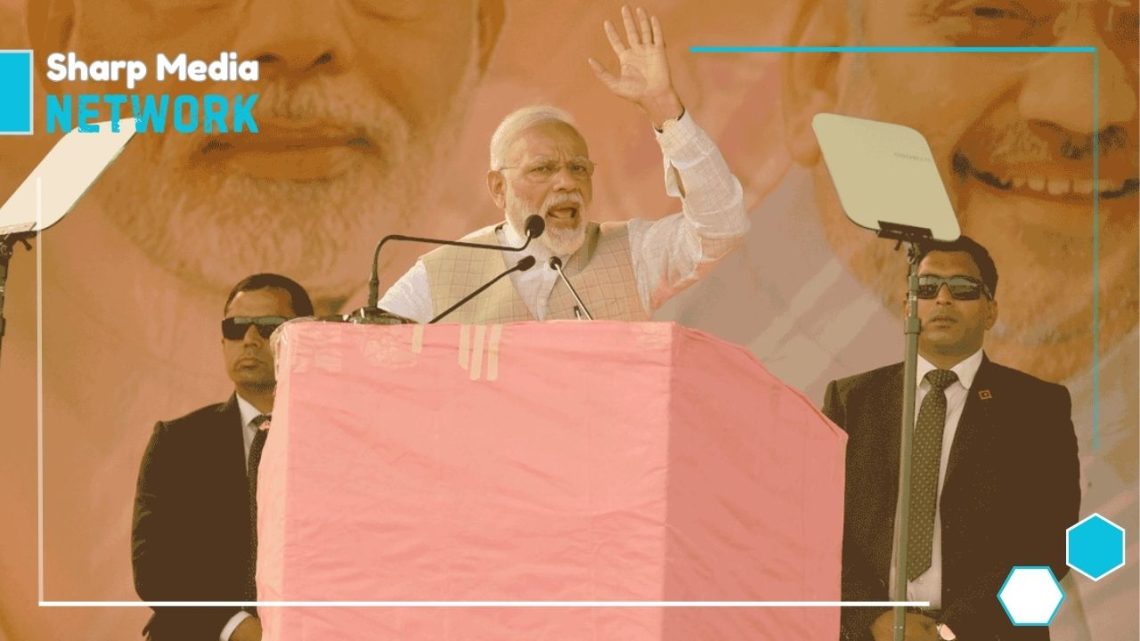
The Rising Tide of Saffronization Under Modi’s BJP: A Threat to India’s Democracy and Minority Rights
January 22, 2025As India faces an alarming rise in saffronization under the leadership of Narendra Modi and the Bharatiya Janata Party (BJP), political experts warn of a growing threat to democracy, justice, and the rights of religious minorities.
India is witnessing a disturbing wave of saffronization—an ideological transformation driven by the ruling Bharatiya Janata Party (BJP) under Narendra Modi. Political analysts and experts argue that this growing influence of Hindutva, the Hindu nationalist ideology promoted by the BJP and its parent organization, the Rashtriya Swayamsevak Sangh (RSS), is reshaping India’s political, social, and institutional landscape.
At its core, saffronization seeks to embed the values of Hindutva into India’s political framework, sidelining the rights of religious minorities, particularly Muslims, Christians, and other marginalized groups. This systematic imposition of a Hindu-centric ideology is gradually eroding the secular principles on which India was founded, according to analysts. The consequences of this transformation are particularly evident in institutions like the judiciary and the armed forces, where critics claim the Modi government’s influence has created a biased, right-wing system.
Political experts point to several key court verdicts as examples of the judiciary’s alignment with the Hindutva agenda. Major rulings on contentious issues like the Hijab ban, the Babri Masjid demolition, and the revocation of Article 370 in Jammu and Kashmir have raised alarm. These decisions, critics argue, reflect a dangerous Hindutva-driven bias that compromises justice and undermines the rights of India’s religious minorities. Rather than upholding the secular values enshrined in India’s Constitution, these verdicts have increasingly aligned with the political interests of the ruling BJP, further marginalizing non-Hindu communities.
The saffronization agenda extends beyond the legal realm and has seeped into India’s cultural and social fabric. The Modi government has pursued policies aimed at imposing Hindu cultural hegemony. Renaming cities and landmarks with Muslim roots, rewriting history, and promoting Hindu-centric narratives are all part of a broader strategy to reshape India into a Hindu state. The government’s stance on these issues often promotes a narrative that erases the rich, pluralistic history of India and seeks to elevate Hinduism as the sole defining force of the nation’s identity.
These moves have profound implications for India’s Muslim and minority populations, who now find themselves under increasing attack. Reports of violence, discrimination, and social ostracism against these communities have surged, threatening their rights, freedoms, and even their very lives. The Modi administration’s policies, critics argue, are actively waging a cultural war against these groups, marginalizing them in every aspect of public life.
International observers have expressed growing concern over the saffronization of India, warning that the country is at risk of descending into a fascist state driven by Hindu extremism. They call for urgent intervention from the global community to ensure that India does not lose its democratic fabric and secular character. The rise of saffronization, they argue, threatens not only India’s internal stability but also the broader peace and security of the region.
Saffronization, as defined by analysts, refers to the ideological shift within India’s political, social, and institutional systems to promote Hindutva. This transformation, fueled by the RSS and BJP, represents a grave challenge to India’s secular democracy and its commitment to pluralism. As India moves further down this path, the consequences for its minorities and its democratic institutions could be catastrophic.

